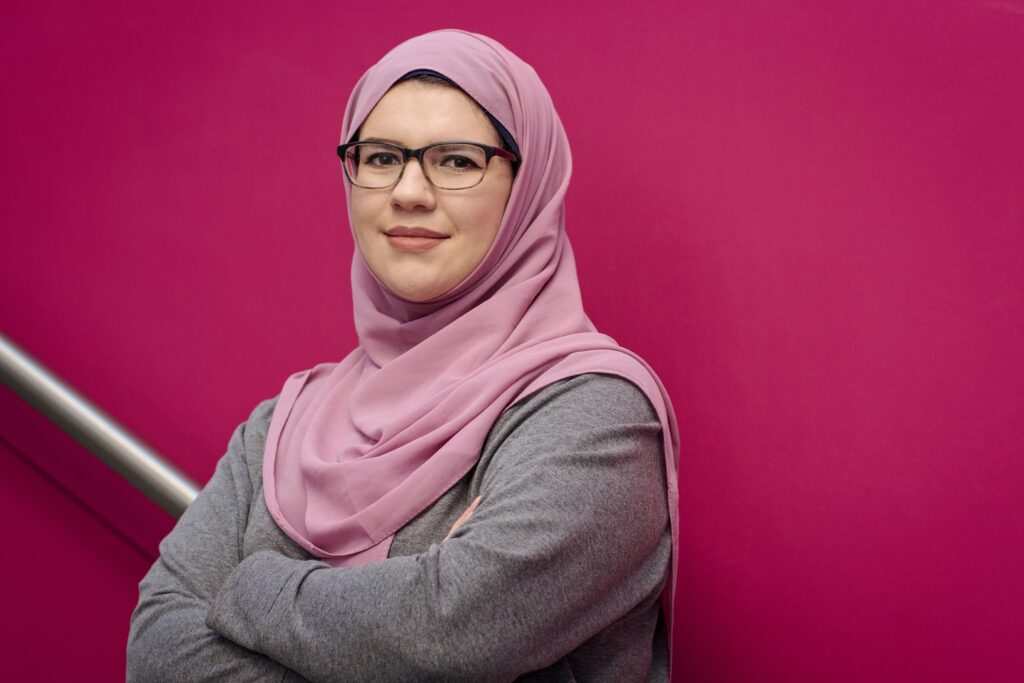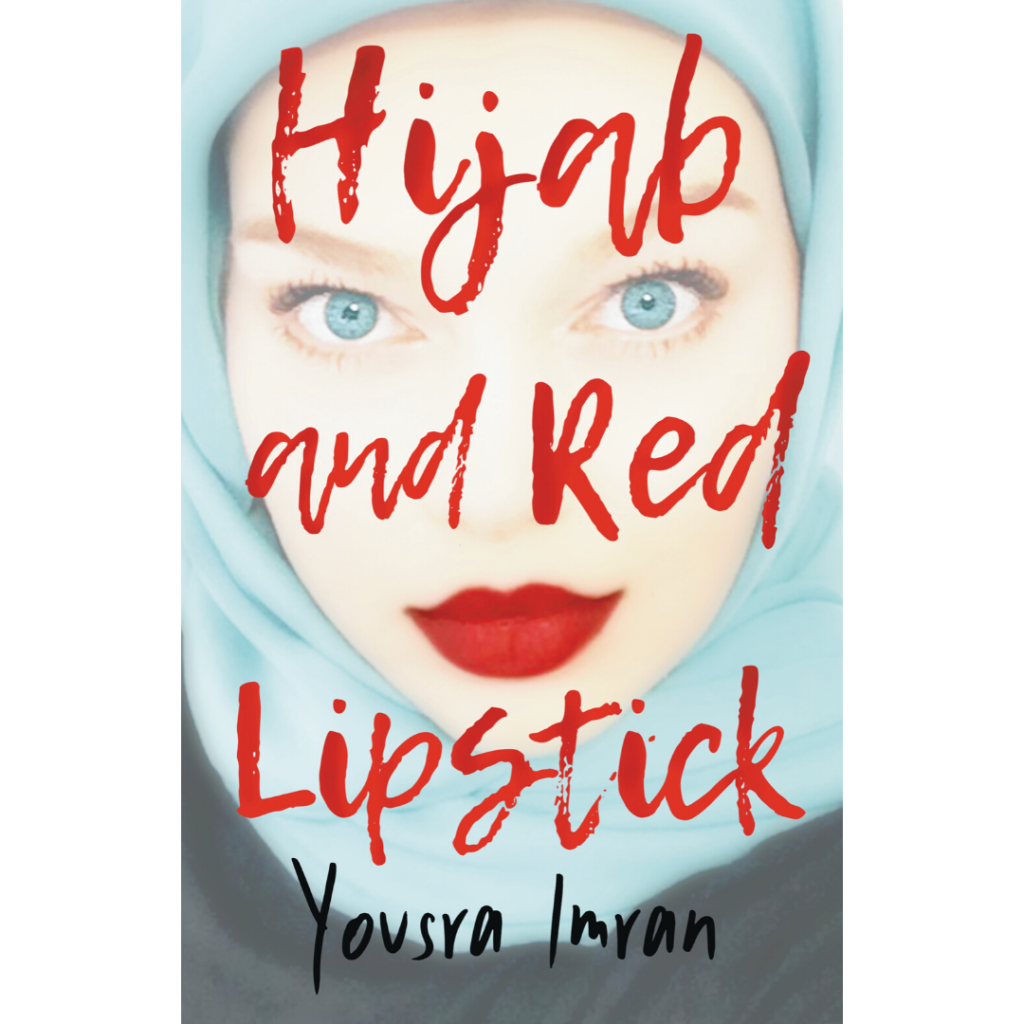Headscarves and Hymens by Mona El Tahawy
“The most subversive thing a woman can do is talk about her life as if it really matters.” This was the line in Headscarves and Hymens that gave me the affirmation I needed to use my passion for writing to talk about the subjects that mattered most to me and not to feel a sense of “shame” for writing openly about life experiences. This was the first time I read a book which spoke so closely to my own thoughts as a Muslim Arab feminist, and I was nodding along every page of the way. Headscarves and Hymens is feminist journalist Mona El Tahawy’s first non-fiction book, and an in-depth look at the multi-faceted injustices women face across the Middle East.
It’s Not About the Burqa by Mariam Khan
It’s Not About the Burqa is an anthology of essays written by a long list of female British Muslim writers including BBC journalist Saima Mir, Jeremy Vine on 5 co-presenter Salma-El Wardany and award-winning author Sufiya Ahmed. They write unabashedly about their own experiences and on a range of topics people think Muslim women aren’t interested in – sexuality, feminism, politics, the law and queerness to name a few. This is a life-changing read because it proves that Muslim women are not a monolithic and there is no “one type” of Muslim woman. It also proves that we are extremely successful and have made incredible contributions in British society. Everyone needs to read this book.
Two Women in One by Nawaal El Saadawi
As well as being a famous Egyptian feminist, Nawaal El Saadawi writes novels and her husband has translated most of them into English. She writes about everyday Egyptian women, including working class women and women in rural areas. My favourite novel of hers is Two Women in One, probably because I can resonate with the protagonist Bahiah. Bahiah is a medical student in Cairo who is trying her hardest to reconcile the two women she is: the quiet, studious, obedient Bahiah at home, and the shameless, strong Bahiah who wears trousers, stands with one leg up on her stool in the lab and experiences intimacy outside of wedlock. The book is set in the early ‘80s, yet little has changed for women in Egypt today.
Little Women by Louisa May Alcott
I read Little Women for the first time when Mum bought it for me as a gift when I was 11 years old, and until this day the part where Beth dies makes me blubber like a baby. Reading it again as an adult I can see that Alcott was a feminist – it wasn’t something that I digested as a young girl. If I was to do a postgraduate degree in feminist literature I would probably choose Little Women for my thesis, as there are just so many references to gender injustice. Marmi is a feminist and so is Jo March. I had thought Jo March was based on Alcott but I recently read Alcott had based Jo’s youngest sister Amy on herself.
The Mill on the Floss by George Elliot
The Mill on the Floss was the 19th century novel I studied for my English Literature A-Level. It was a complete eye-opener, particularly as a teenager living in the Arab Gulf. I remember underlining so many passages in the book and telling my teacher that Victorian society was just like Qatari society; it was mad that the customs were so similar despite the 150-year gap! I could also see myself in the protagonist Maggie – the internal struggle between wanting to be pious and modest, but also be passionate and love and be loved. As an adult I now know I can be both – I don’t have to choose one or the other.
About the Author
Yousra S Imran is an English-Egyptian hybrid who works and lives in West Yorkshire. She has been writing from the moment she learned how to hold a pen and works full time in marketing and events in the education sector.Yousra grew up between the UK and the Middle East and has a BA Hons in International Relations. She is passionate about women’s rights and gender justice. Yousra lives with her husband in Bradford, Yorkshire.
Frost Magazine
Books and Lifestyle


